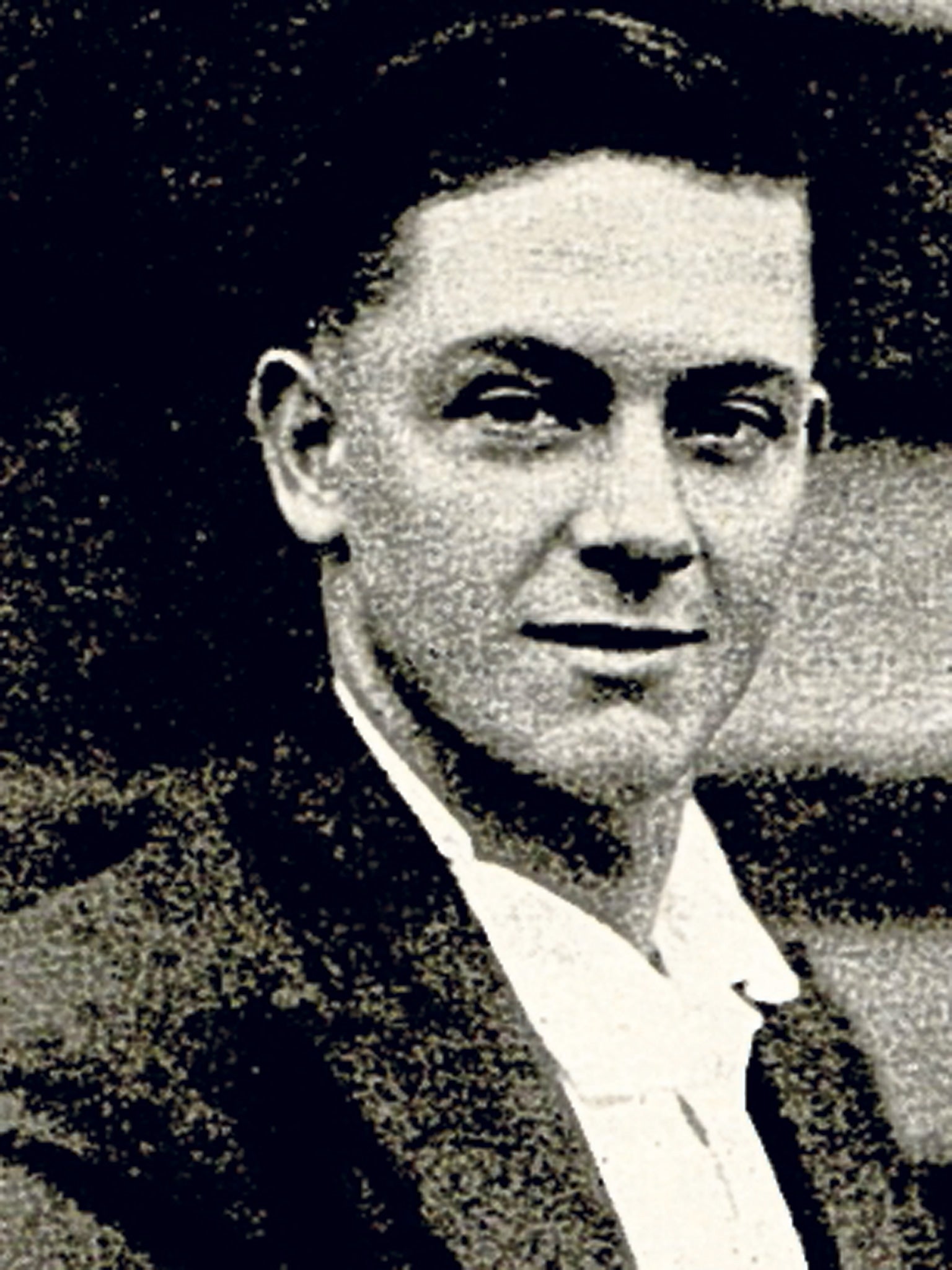Neil McCorkell: Hampshire cricketer from the 1930s to the 1950s

Your support helps us to tell the story
From reproductive rights to climate change to Big Tech, The Independent is on the ground when the story is developing. Whether it's investigating the financials of Elon Musk's pro-Trump PAC or producing our latest documentary, 'The A Word', which shines a light on the American women fighting for reproductive rights, we know how important it is to parse out the facts from the messaging.
At such a critical moment in US history, we need reporters on the ground. Your donation allows us to keep sending journalists to speak to both sides of the story.
The Independent is trusted by Americans across the entire political spectrum. And unlike many other quality news outlets, we choose not to lock Americans out of our reporting and analysis with paywalls. We believe quality journalism should be available to everyone, paid for by those who can afford it.
Your support makes all the difference.Neil McCorkell was a regular in the Hampshire cricket XI from 1932 to 1951, a quiet man of no great height who kept wicket and, for much of his career, opened the batting, a demanding combination in the six-day-a-week schedule of those years.
He was born near the harbour mouth in Portsmouth in March 1912, leaving school at 14 to work at the Officers' Sports Ground of the Royal Navy. With little coaching he played his cricket for local church teams before being selected for a district XI against a visiting Hampshire side. His efficient, no-fuss keeping caught the eye, and in 1931 he joined the county staff, earmarked as the successor to the former England keeper George Brown, who by then was well into his 40s.
He made his debut in May 1932, establishing his place immediately and winning his county cap at the end of the summer. Hampshire's captain, the ageing Old Etonian Lord Tennyson, had become portly, and the other great stalwarts, Phil Mead and Alex Kennedy, were also way past their prime. Nevertheless they were legends of Hampshire's history, and the young McCorkell was in quiet awe of them. In later years he referred to that first summer as "a world of wonder".
As a batsman he had an unorthodox grip, with his hands far apart, and in the early years he lacked attacking strokes. However, he had a calm temperament and great powers of concentration, and by 1935 his repertoire of shots was beginning to expand. In July that year, in two games in the same week against Lancashire, he hit 150 at Southampton, then 154 at Liverpool. In all he scored 1,319 runs, the first of nine times he passed 1,000 in a season.
The following summer Les Ames, the England keeper, was out with a bad back, and McCorkell was a strong contender to take his place on the boat to Australia. He kept wicket tidily in the prestigious Gentlemen versus Players match at Lord's, but in the end Ames, after an operation, was fit.
He lost the years of his prime, from 28 to 33, to the war, which he spent as a firefighter at Vickers aircraft factory in Newbury. However, he was back to his best in the golden summer of 1947, averaging 40 with the bat. In 1951, in his 40th year, at Gloucester's Wagon Works ground, he hit his only double century, sharing a large partnership with a young Alan Rayment, who remembers him as "a lovely man, quiet but kind and really helpful to me".
McCorkell had started out as an awe-struck boy, almost lost for words in the great Lord Tennyson's side, and he ended up as a highly respected senior player, full of tales of his happy life on the circuit. In his last match he was given the rare honour of captaining the side, among whose number was another Old Etonian, the 17-year-old Colin Ingleby-Mackenzie, who 10 years later would lead Hampshire to their first championship title.
McCorkell's kindly helpfulness, witnessed by Alan Rayment, was ideal for coaching, and after Hampshire he took up a position, which he held for 30 years, at Partown High School in Johannesburg, where he settled permanently. His death leaves only one professional cricketer who won a county cap before the last war: Cyril Perkins of Northamptonshire, who will be 102 in June.
Neil Thomas McCorkell, cricketer and coach: born Portsmouth 23 March 1912; married (wife deceased, one son); died South Africa March 2013.
Join our commenting forum
Join thought-provoking conversations, follow other Independent readers and see their replies
Comments